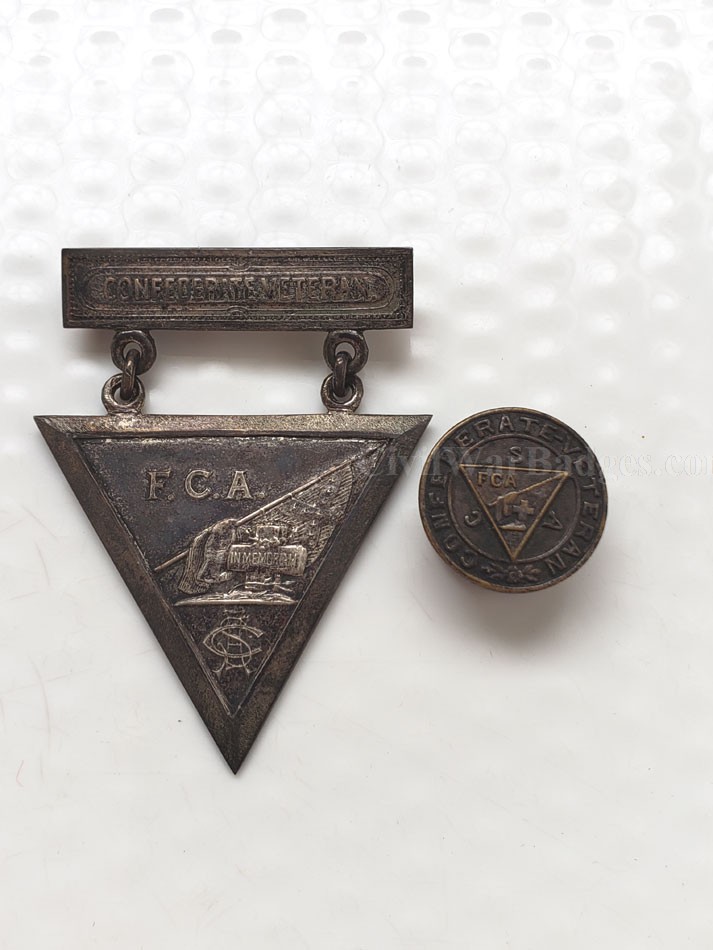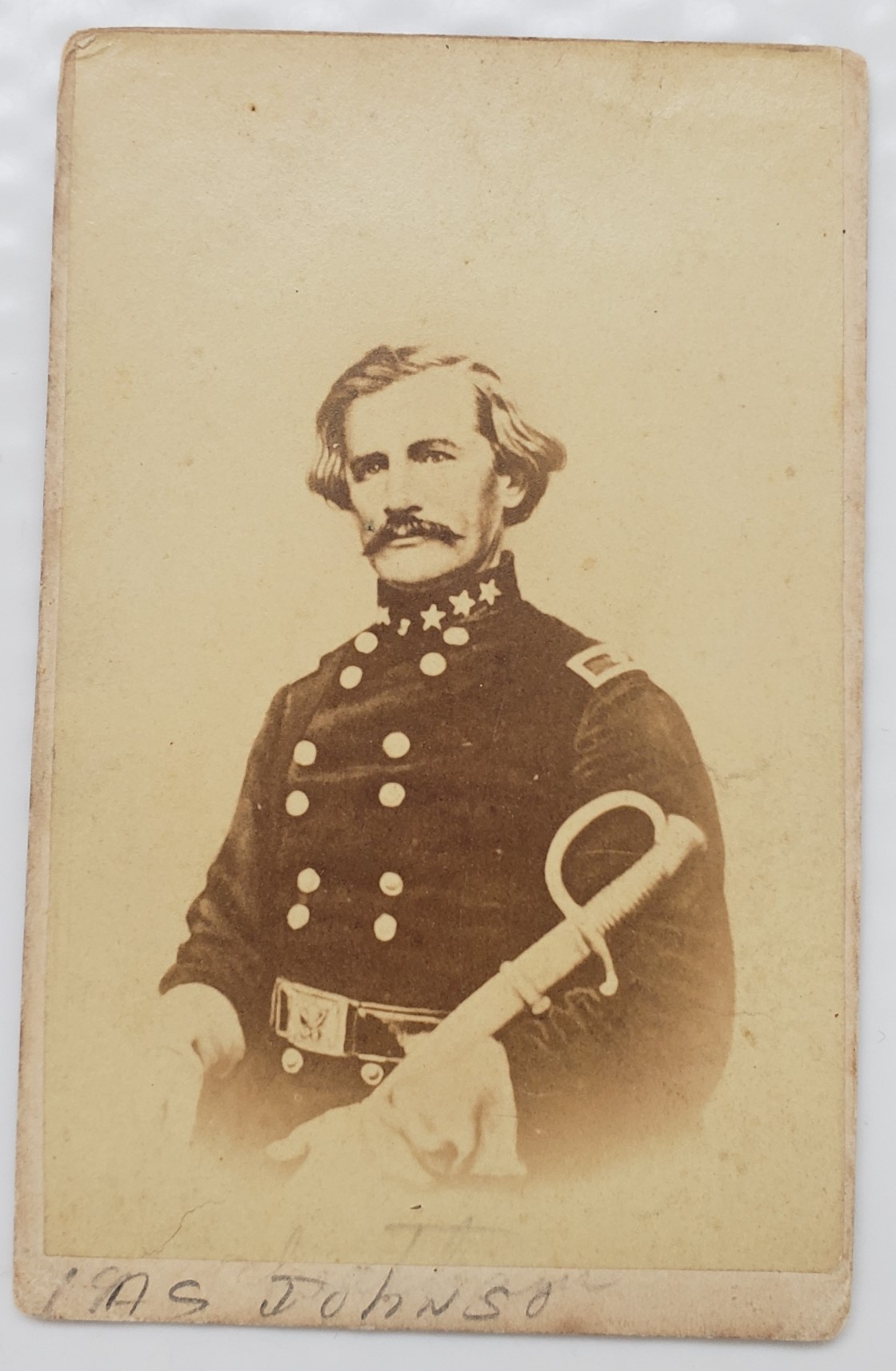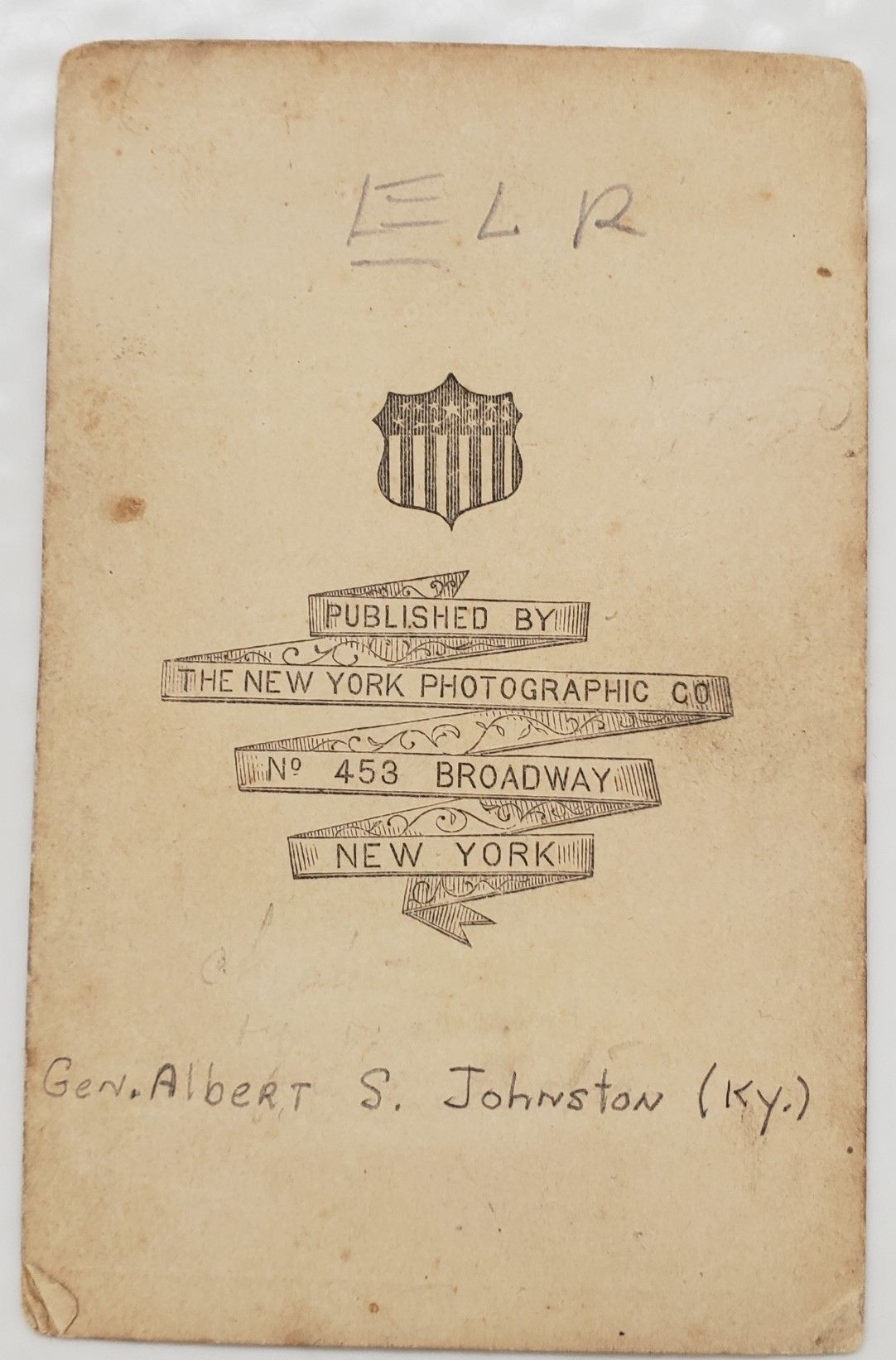NICE VIEW
Major general, Provisional Army of Tennessee, May 9, 1861.
Brigadier general, P. A. C. S., July 9, 1861.
Major general, P. A. C. S., March 10, 1862.
Died at Nashville, Tenn., September 4, 1886.
Commands.
Brigade composed of 154th Tennessee Senior Regiment and
the Sixth and Ninth Tennessee Regiments Infantry, and Blythe's
Mississippi Battalion Infantry.
Commanding Second Division of the Western Department at
Columbus, Ky., consisting of the brigades of Colonels Preston
Smith and William H. Stevens.
Division composed of the brigades of Brigadier Generals
George Maney, Preston Smith, Marcus J. Wright and 0. F. Strahl
--, 1862-3.
In May 1, 1864, in command of Hardee's Corps, consisting
of the divisions of Cheatham, Cleburne and Bate.
Division at one time composed of the brigades of Brigadier
Generals George Maney, Marcus J. Wright, O. F. Strahl and A.
J. Vaughan (to which subsequently Jno. K. Jackson's Brigade
was added), Army of Tennessee.
Source: General Officers of the Confederate States of America
***********************************************************************
General Benjamin Franklin Cheatham. -- There was no name in the
army of Tennessee more familiar to the soldiers than that of
Cheatham, and no officer of the Confederate army possessed to a
higher degree than he the affectionate regard of his men.
He was born in the city of Nashville, October 20, 1820. He was
captain of volunteers in the Mexican war, and was distinguished
in its severest battles.
On the outbreak of the war between the States he espoused
heartily the cause of the South and was appointed major-general
in the provisional army of Tennessee, May 9, 1861. On July 9th
of the same year he was made a brigadier-general in the
provisional army of the Confederate States. From the very
first, General Cheatham gained the reputation of being a
brilliant fighter.
He understood well the art of managing men. He was careful in
looking after their comfort, and when it was proper to do so,
carefully guarded their safety. But when duty required it, he
was ready to face any peril and set before his soldiers an
example of valor which they followed with alacrity and zeal.
It is praise enough for his command to say that it was the
equal of that led by the renowned Pat Cleburne. He was in many
fierce battles and always bore a conspicuous part.
In the battle of Belmont he led three regiments of Pillow's
force, and it was his movement to the enemy's rear that won the
day. He was commissioned major-general March 10, 1862, and we
find him on the field of Shiloh commanding the second division
of the first corps under Leonidas Polk.
At Perryville, Ky., it was Cheatham's division that opened the
fight, and throughout that hotly-contested battle pressed
steadily forward. Again at Murfreesboro Cheatham's was one of
the four divisions which drove the Federals back a distance of
between three and four miles, doubling them back upon their
center until their line was at right angles to its original
position.
At Chickamauga we find Cheatham's division attached to the
right wing under Leonidas Polk, sustaining the reputation
gained on so many former occasions. At the battle of
Missionary Ridge, when the Confederate left center had been
broken, Hardee threw a part of Cheatham's division directly
across the path of the advancing Federals and held the ground
until darkness closed the fight.
In all the movements of the army of Tennessee in 1864, Cheatham
and his men had their full share of peril and of honor. At the
battle of Kenesaw Mountain (June 27th), Cheatham's and
Cleburne's divisions probably inflicted upon the Federals a
heavier loss than they suffered on any other part of the field.
In the battles around Atlanta, Cheatham had command of a corps,
and in the battle of July 22d, his men captured five cannon and
five stand of colors. In Hood's final campaign he led his
corps into the thickest of every fight.
At the close of the war, Cheatham returned to the pursuits of
peace, blessed with the society of his neighbors, whose esteem
and friendship he always enjoyed, surrounded by a lovely family
and cheered by his noble wife.
General Cheatham's personal appearance was thus described a few
years after the war by the historian, E. A. Pollard: "General
Cheatham is squarely and firmly built, and is noted for his
extraordinary physical strength. He is slightly round
shouldered, and his weight is about two hundred pounds. His
height is about five feet eight inches; his eyes are light
blue, clear and expressive; his hair, light brown; his
complexion, fair; and his moustache -- he wears no other beard
-- very heavy. His forehead is broad and his face expressive
of that imperturbable good humor which characterizes him not
more in social life than on the battlefield. "
General Grant, who was a personal friend of his, offered him an
appointment in the civil service, but he declined. He served
four years as superintendent of the State prison. In 1885 he
became postmaster at Nashville, a position he retained until
his death, September 4, 1886.
The love and esteem in which he was held were evidenced by the
vast attendance upon his funeral, which was declared at the
time to be the most imposing ever held in Nashville.



